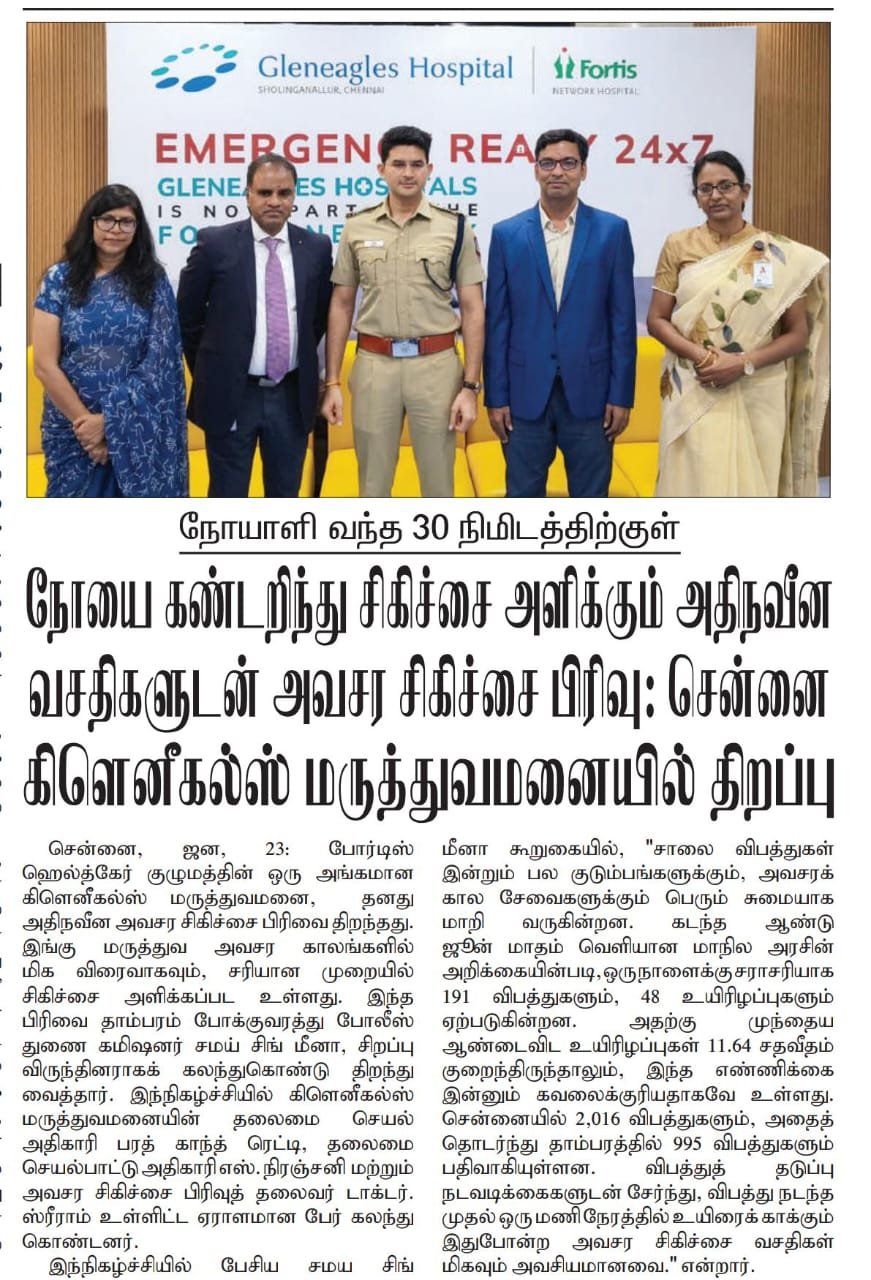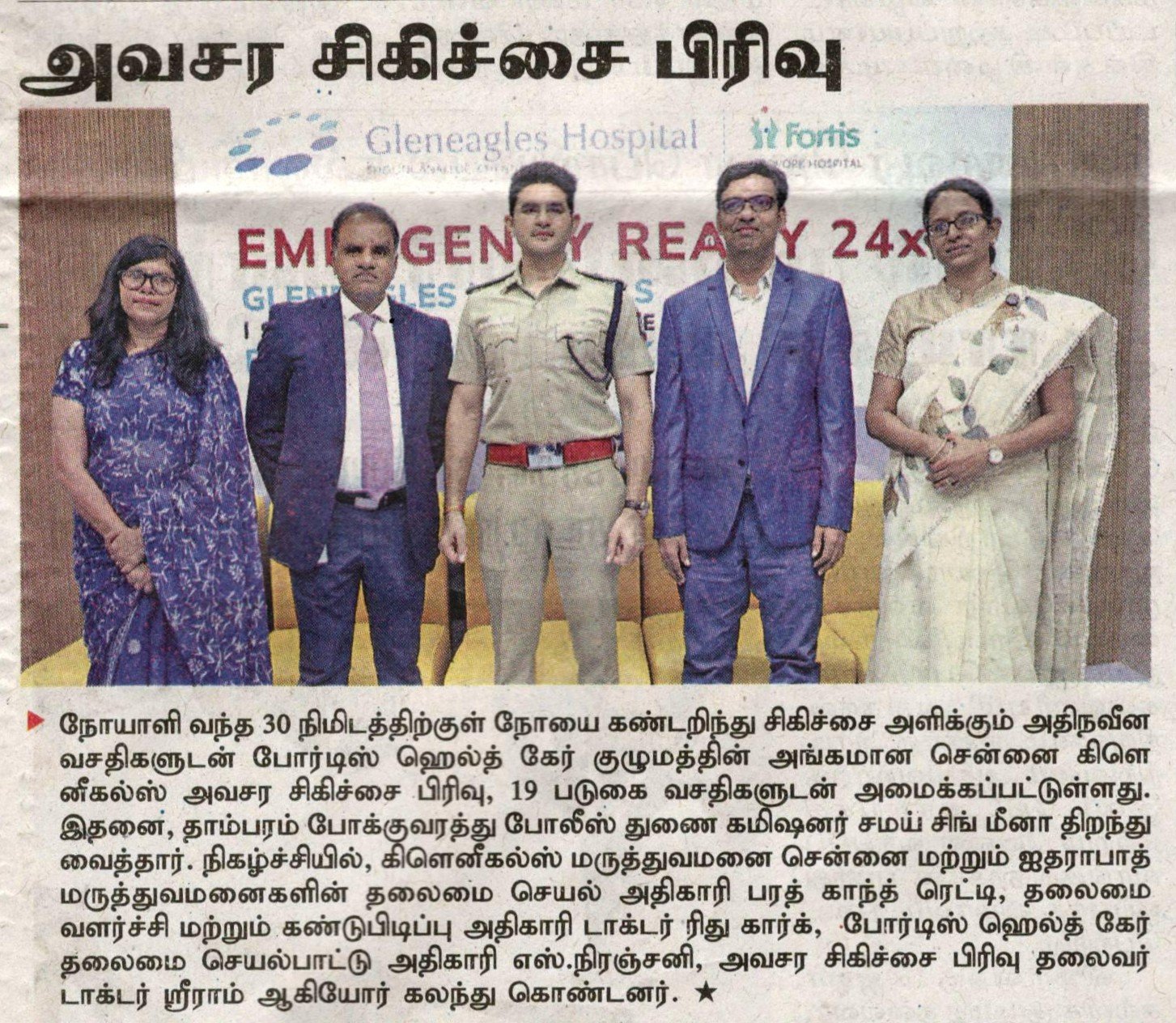Chemotherapy is a treatment in medical oncology that uses medications to destroy cancer cells. It is effective when combined with other cancer treatments, such as radiation therapy and surgical oncology. The medications kill cancer cells by preventing or halting their spread.
This field studies tumours that develop in the gastrointestinal or digestive tract. Gastrointestinal oncology physicians diagnose and treat patients with precancerous and cancerous growths in the oesophagus, stomach, small intestine, colon, rectum, pancreas, retroperitoneum, and other intra-abdominal organs.
Our team consists of gynaecological cancer surgeons, medical and radiation oncologists, clinical nurse experts, radiologists, pathologists, and physiotherapists, among others. The multidisciplinary team will work with these ladies at each stage of their care and recovery. The terminally ill are also given palliative care, pain management, and home care.
This is a branch of medical science that examines and diagnoses cancer, as well as its therapies and related research. Our oncologists diagnose cancer and perform additional tests. A comprehensive medical approach is required to treat a cancer patient, necessitating various medical treatments and specialised teams.
This is the study of brain and spinal cord neoplasms. Neurological cancer is defined as cancer cells that spread to the brain or spine, often affecting both locations at the same time.
Orthopaedic oncology is the research discipline that deals with and examines malignant osteoid multilobular tumours of the bone. It entails the detection and treatment of malignant tumours in the musculoskeletal system.
Receiving a cancer diagnosis can be very upsetting for children. There is no precise reason why a child develops cancer; nonetheless, most paediatric malignancies are treatable. Cancer in children can affect any body area, although it is most prevalent in the bones, blood, and muscles.
One of the most prevalent oncology treatments doctors use to treat and cure cancer. Surgical oncology, as the name implies, is concerned with the use of surgery to treat cancer. The method would inform the stage, diagnosis, treatment, and other cancer-related symptoms.



























